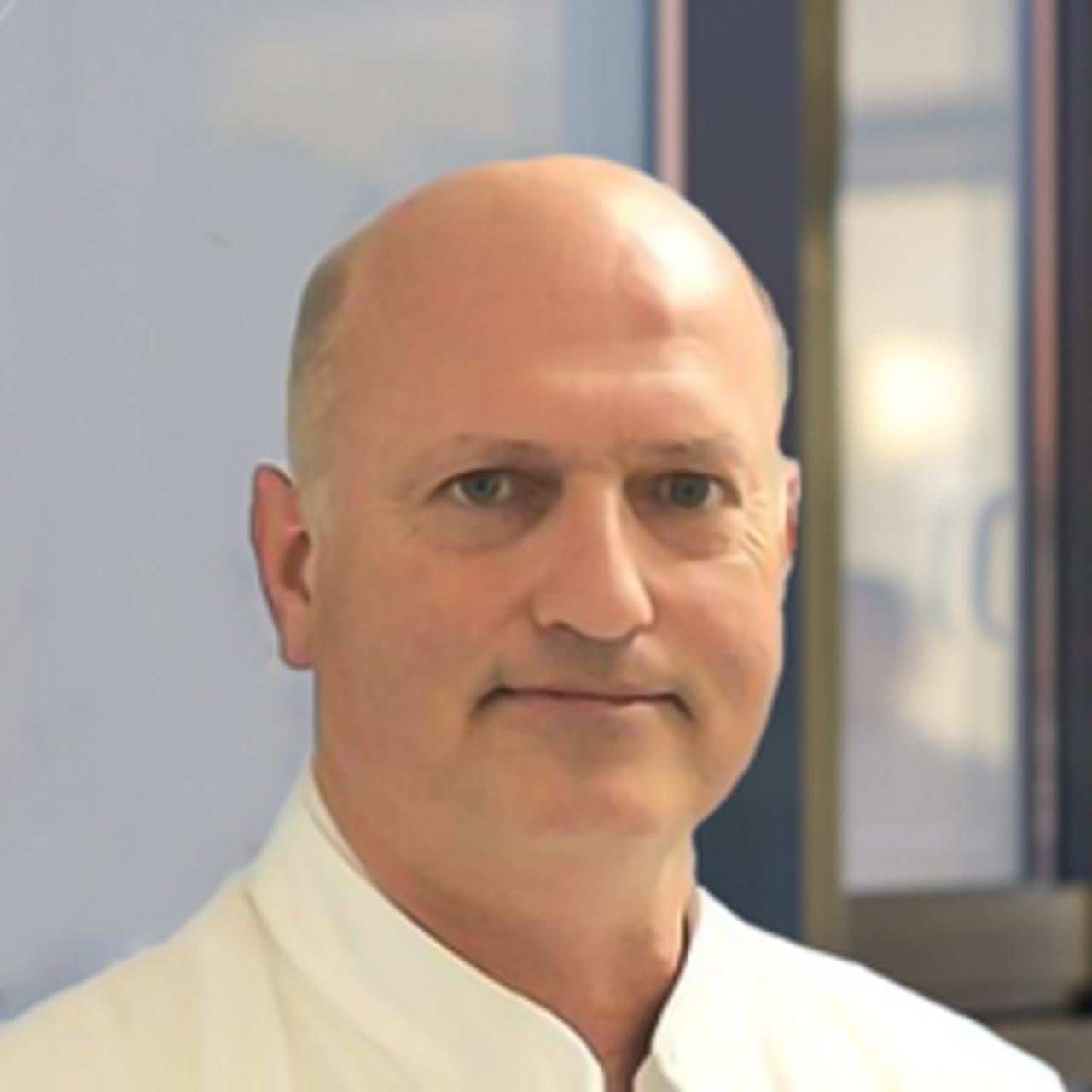Specialists in Endocrine Surgery
6 Specialists found
Information About the Field of Endocrine Surgery
What is Endocrine Surgery?
Endocrine surgery is a specialist area within visceral surgery and deals with the surgical treatment of diseases of the endocrine organs. Endocrine means “inward looking”, and describes the secretion of hormones from glands into the blood stream. These hormone producing glands are called endocrine organs and include:
- the thyroid gland
- the parathyroid gland
- the adrenal glands
- the endocrine part of the pancreas (known as the Langerhans cells)
- the diffuse neuroendocrine system.
Surgery of the pituitary gland (hypophysis), however, and of the hormone producing sexual organs, the ovaries in women and the testes in men, fall within the specialist area of neurosurgery and gynaecology or urology.
Which diseases are treated by endocrine surgeons?
The thyroid gland is a purely endocrine organ and lies below the larynx on the thyroid cartilage. The main function of the thyroid gland is the storage of iodine and production of the hormones triiodothyronine, thyroxin and calcitonin. Operations on the thyroid, as well as on the gall bladder, appendix and in the case of hernia are among the four most common procedures in visceral surgery. The following diseases frequently require an operation:
- Graves’ Disease
- thyroid cancer
- recurring goitre
- MEN syndromes (multiple endocrine neoplasia).
The four parathyroids lie on the upper and lower poles of the thyroid and produce the parathyroid hormone. This is an important regulator for metabolising calcium in the body. The parathyroids are treated surgically in the case of the following diseases:
- primary hyperthyroidism
- secondary hyperthyroidism
- recurring or persistent hyperparathyroidism
- primary hyperparathyroidism in the case of MEN syndromes.
The adrenal glands lie on the upper poles of the kidneys and produce hormones for the balance of water, blood sugar and minerals. The adrenal glands are divided into medulla and cortex, whereby the cortex produces the afore-mentioned hormones, and the medulla synthesises adrenaline and noradrenaline. Operations are necessary in cases of the following diseases:
- Conn’s Syndrome (benign tumours of the adrenal gland cortex)
- Cushing’s Syndrome (tumour of the adrenal gland or enlargement on both sides)
- Phaeochromocytoma (tumour of one or both sides of the adrenal gland medulla)
- Incidental tumours (endocrine-inactive tumour of the adrenal glands).
Which surgical procedures are available?
Where possible, minimally invasive surgery is carried out on the endocrine organs, using so-called “key-hole surgery”. Small incisions are made and operations carried out using a mini camera and special slimline instruments, without the necessity of a major skin incision. Patients benefit from this technique through reduced wound pain, reduced blood loss, faster recovery and consequent earlier discharge from hospital, fewer complications with the healing of the wound and scar formation, as well as a better cosmetic result.
Which doctors and clinics specialise in endocrine surgery?
Endocrine surgery is a branch of visceral surgery. This is carried out in all hospitals and in special surgical clinics. Patients are treated not only by surgeons, but by an interdisciplinary team.
The endocrine specialist physician plays an important role in the diagnosis of the disease. If the alteration in the endocrine organ turns out to be a tumour, doctors from other fields come into play. Endocrinologists, radiologists, nuclear medicine specialists, oncologists, gastroenterologists and surgeons meet in “tumour boards” on a weekly basis, to discuss oncological cases and to develop a therapeutic concept.
We can help you find an expert for your disease. All listed doctors and clinics have been verified by us as having excellent specialist skills in the area of endocrine surgery, and await your enquiry or request for treatment.
Sources:
Bleese und Mommsen, Kurzlehrbuch Chirurgie, 2010, Thieme
Herrmann, Endokrinologie für die Praxis: Diagnostik und Therapie von A-Z, 2014, Thieme





